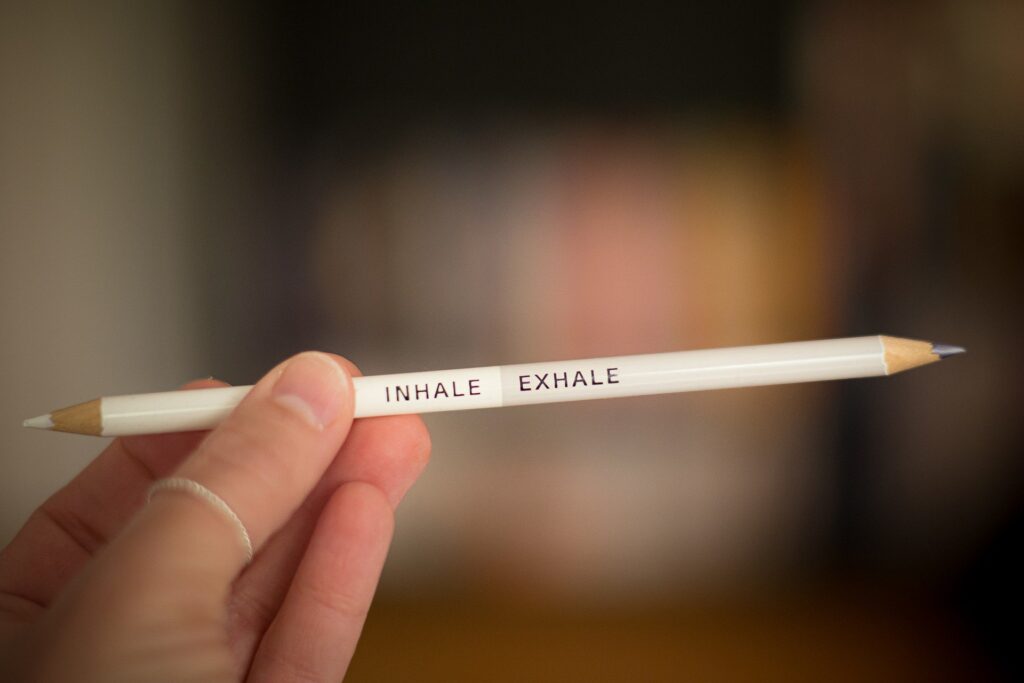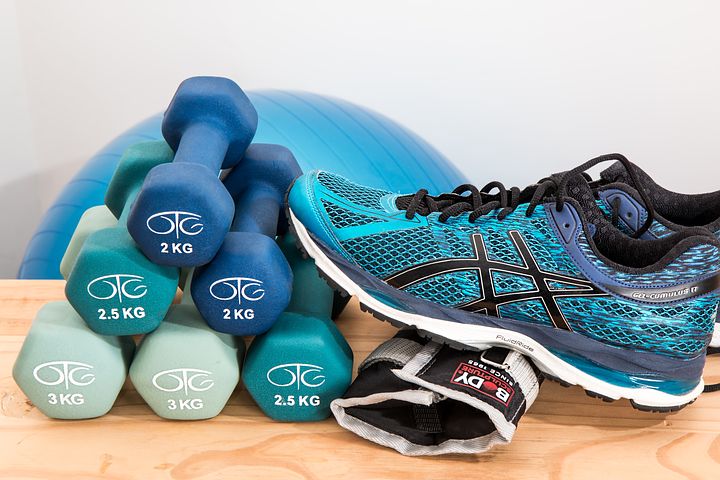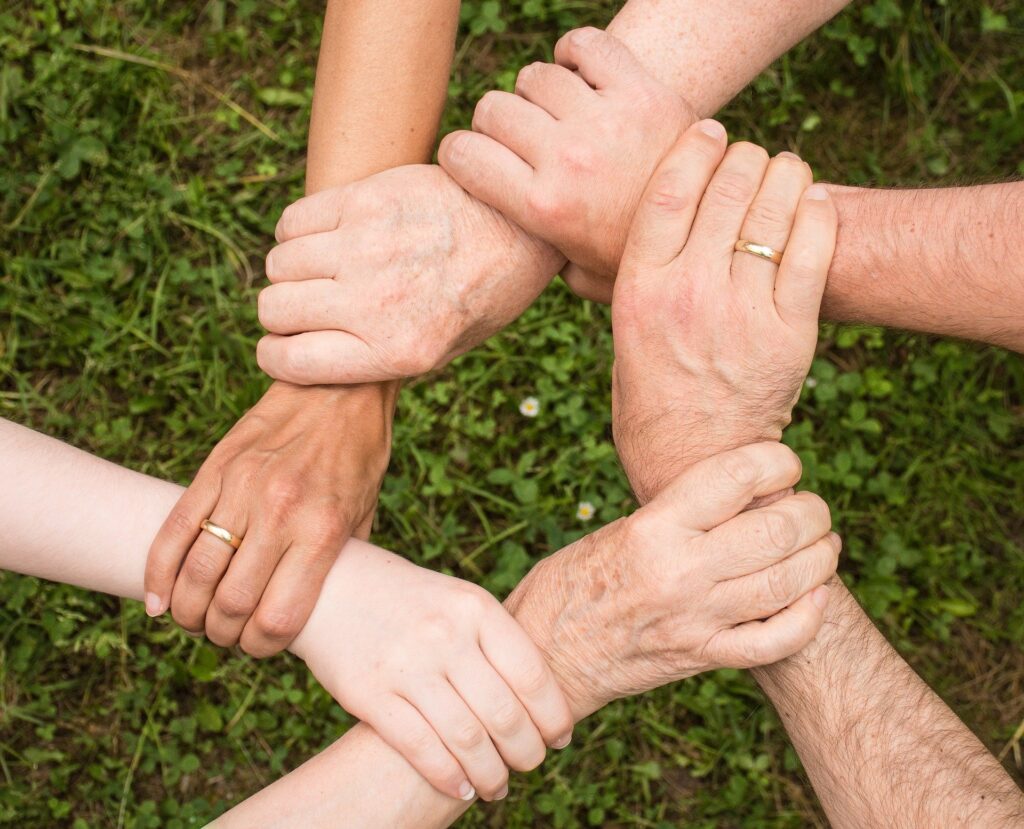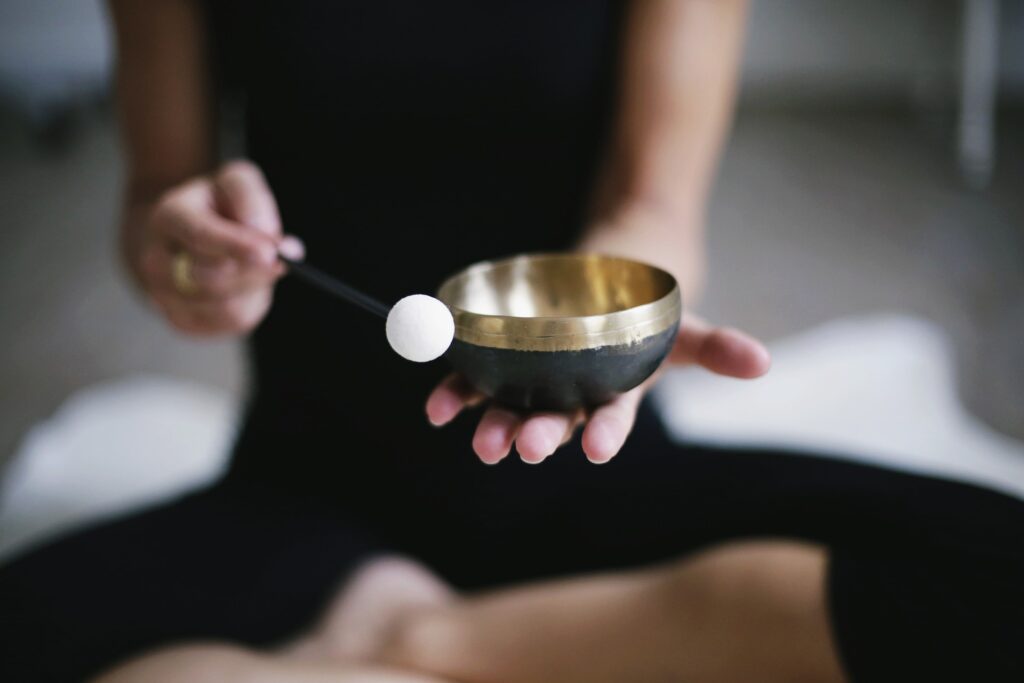Getting Seasonal Affective Disorder under control
These days it’s hard to feel positive, especially with shorter, less sunny days. But help is at hand!
Hi. I’m probably similar to you. Over 40. Gay, or queer if you prefer. I’m a guy, but I’m not so much of a guy that I deny my feminine side. I have friends and acquaintances of all genders, all races, all religions. I’ve worked for most of my life, though I’m currently unemployed. And right now, at this place and time, I’m pretty stressed out.
I live in the same world you do. Unemployment. Covid-19. Unemployment. Racism. The election. LGBTQ rights. Everyone’s rights. It all weighs on me. I see it on the news. I hear it when I talk with my friends. It shows up on my phone and on social media. There’s no escaping it. It’s our lives right now.
I’m not a doctor or a therapist and I’ve never played one on TV. (Hopefully some of you will get the humor of that.) But I do have my own ways of dealing with stress, anxiety and depression (what I call SAD), and if you wouldn’t mind I’d like to share those ways with you.

You may be thinking, why am I going to listen to this guy jabbering on about how to deal with stress and such? Well, here are my “credentials.” I was diagnosed with acute anxiety and depression when I was 22. I’ve been in and out of therapy for over 35 years. I’m familiar with most of the common medications for anxiety and depression, like Cymbalta and Celexa.
In addition, I suffer with telephobia, which is a fear of making or taking phone calls. It is considered to be a type of social phobia or social anxiety. I also have misophonia, a disorder in which certain sounds trigger emotional or physiological responses. For me, it’s repetitive sounds that can come from anywhere…the clicking of a keyboard, a woodpecker on a nearby tree, even the hum of a refrigerator. Some people who have misophonia describe it as when a sound “drives you crazy,” and it can be the cause of increased anxiety. I was at my last job for over 21 years. To be able to stay at a deadline-driven job for that long is to clearly understand what stress is all about. So I’d say I do have some experience with SAD.
These are some simple things that I do to help deal with stressful times, no matter the cause. No need for any special equipment or complex techniques to learn.

Breathing:
Breathing is an important part of SAD relief. Simply put – taking time for moments of deep breathing is great for the body and the mind. It decreases stress and increases calm. When you become stressed or anxious, your brain releases cortisol, the “stress hormone.” Taking deep breaths slows your heart rate, sends more oxygen into your bloodstream, and tells the brain to relax.
We’ve all heard about endorphins, the “feel good” chemical. Deep breathing releases endorphins which also eases pain. I happen to have a unique form of arthritis called ankylosing spondylitis, so anything that fights pain is great in my book. Breathing also rids the body of toxins and improves our immune system. That’s a lot of help from something we can easily do while sitting at a desk, watching tv, in the shower, or just about anywhere that a mask is not required. There’s this wonderful meditation class presented by The LOFT LGBTQ+ Community Center and co-sponsored by Query that you can take via Zoom. They do a lot of great breathing throughout the meditation and it’s free. Check out the links at the end of this article.

Water:
Let’s talk about water. The human body contains 55% – 78% water, depending on body size. It’s a good idea to keep that supply replenished. Here’s why: dehydration. You may not realize this, but dehydration can cause lots of issues for the body. It impedes brain function which can cause mood disorders that result in depression. It can decrease your brain’s serotonin levels. Having low levels of serotonin is often linked to depression. Dehydration increases stress in the body, and as many folx know, stress is one of the biggest contributing factors to depression. Not drinking enough water can also put you at risk for increased anxiety symptoms. Even panic attacks can be a result of insufficient hydration. Bottom line, drink lots of water. If you can’t really get into drinking plain water, try flavored water, sparkling water, or iced or hot tea. For me, I like to put a slice of lemon in my water to infuse it with some flavor. Do whatever you can to stay hydrated.

Exercise:
Exercise helps the body produce endorphins and you already know what they do. I’m not big on exercise myself, though I did yoga for 6 years and worked out with a personal trainer for over 9 years, but here are some thoughts. Many gyms are open and are taking precautions against Covid-19, so if you feel comfortable you can do that. You can exercise outdoors with a run or a walk. I wear a mask when I’m out walking, and most people on the trail do too. Whatever your choice during this challenging time, do what feels safe for you. Any activity that gets the blood flowing and oxygen circulating can help relieve stress and anxiety.
Most cleaning activities in the home can fall into an exercise category. Are you bending, stretching, lifting or stepping? Have you been vacuuming your entire apartment, reaching up to dust those high shelves, lifting clothes in and out of the washer and dryer? Hmmm, sounds like exercise to me.

Get Connected:
The last thing I want to touch on is connection. As I mentioned before, I have some very good friends. Having people you feel close to, who you trust, who understand you is very important. We all need someone we can talk to. A friend who can just listen when you need them to, who won’t make you feel judged, and who may know exactly what you’re going through. I am fortunate to have people like this in my life. It’s vital to understand that talking about your mental health should not be stigmatizing. Anxiety, depression and stress are very common feelings. These feelings don’t make us any less of a person and the right confidant will “get” that.
Talking things out can help us see them in a different light or make them feel a little less weighty. You may be familiar with the expression, “better out than in.” It usually refers to a gassy build-up that gets released, but it can also mean holding something in (like stress) that might be better resolved if you let it out. If you’re open to it, then talk to a trusted friend, a family member, a partner, a doctor, a therapist or a clergy member.

Whoever you feel a connection with, simply telling them what’s going on can help relieve stress and anxiety. Sometimes a person may have had a similar experience and can share what they’ve learned. Your close connections may offer advice and that can be helpful as well. But remember that the choice to follow someone’s advice is yours and yours alone. Whoever you talk to should not be held responsible for your choice of actions. That is why good connections are so important. You want to have someone who has your best interests at heart and understands you well.
With the news, politics, and actions going on out in the world today, it is likely that SAD conditions will be a part of our lives for quite some time. That doesn’t mean we must simply take it. There is so much we can do to help ourselves. Whether it is some deep breathing, a long walk, a glass of water or talking to a friend, they’re all positive ways to improve your mental health during these especially tough times. Practice self-care and be aware when you’re feeling stressed, anxious and/or depressed. Take action to improve things. You have the tools. There are also lots of amazing agencies out there to help you if you need it. So if you’re like me, you’ll do what you can to decrease the SAD and keep things feeling happy and gay!
To join the C.A.L.M. / Queer Zen mediation class go to The LOFT LGBT Community Center at www.loftgaycenter.org and visit Queery or https://www.instagram.com/queerzenmeditation to find out more about the class and its meditation facilitator James Young.







Thank you for some really positive and helpful suggestions. The tone of your writing in general is very encouraging, and we all need that, dealing with SAD. Much gratitude.